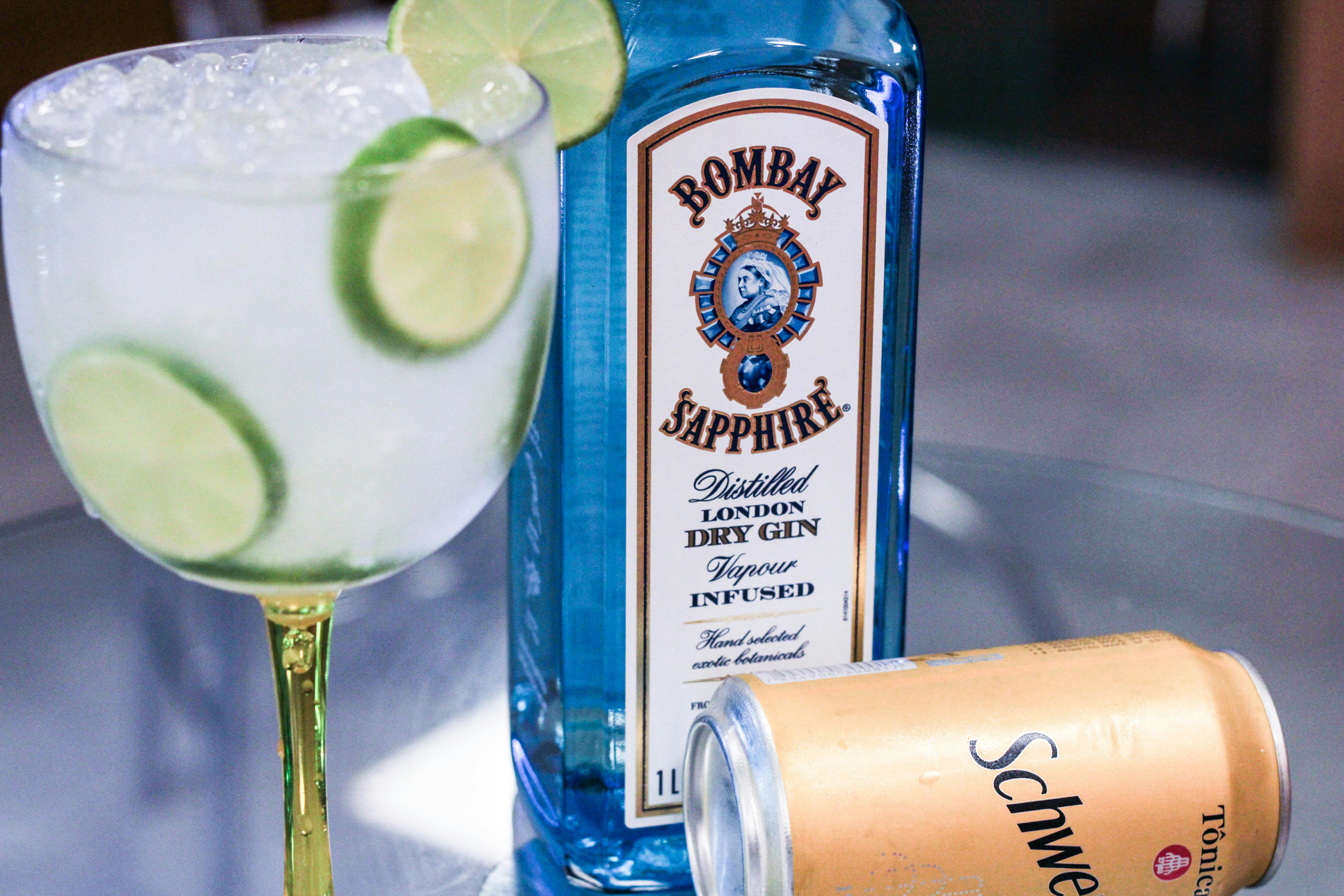Fruit pectin is a naturally occurring fiber found in many fruits, and it’s often added to jams and jellies to give them their thick, gel-like consistency. But can dogs have fruit pectin? It turns out that although fruit pectin is generally safe for dogs, there are some important considerations to keep in mind before giving it to your canine companion. In this article, we’ll discuss the potential benefits of fruit pectin for dogs as well as any potential risks associated with feeding it to your pup.Fruit Pectin is a natural carbohydrate found in the cell walls of fruits and vegetables. It is used as a gelling agent in jams, jellies, preserves and other cooked fruit preparations. It helps create a gel-like consistency and acts as a thickener and stabilizer. Fruit Pectin can be bought commercially or extracted from fresh fruit at home.
Health Benefits of Pectin for Dogs
Pectin is a type of dietary fiber that occurs naturally in fruits and vegetables. It is known to have numerous health benefits for both humans and animals, including dogs. Pectin helps to promote digestive health and can also aid in weight loss and the regulation of blood sugar levels. Additionally, pectin can help to reduce inflammation in dogs, as well as improve their skin and coat condition.
One of the main benefits of pectin for dogs is that it helps to promote healthy digestion. High-pectin foods such as apples, carrots, and cucumbers help to keep the digestive tract running smoothly by adding bulk to stools and promoting regular bowel movements. Pectin also has prebiotic properties which help to maintain a healthy balance of beneficial bacteria in the gut. This can help to reduce gas, bloating, and other digestive issues commonly experienced by dogs.
Pectin may also be beneficial for weight management in dogs. Foods containing pectin are high in fiber but low in calories, which makes them a good choice for overweight or obese dogs that need additional support with their diet or exercise regimen. Additionally, pectin has been found to improve satiety levels by making your dog feel fuller after eating a meal. This can be helpful if your dog tends to eat too much or overeats on occasion.
Pectin may also help to regulate blood sugar levels in diabetic dogs by slowing down carbohydrate absorption from the intestines into the bloodstream. This can help prevent sudden spikes and drops in blood sugar levels which could cause serious health problems over time. Additionally, pectin has anti-inflammatory properties which can help reduce inflammation from conditions such as arthritis or allergies.
Finally, pectin is beneficial for improving skin and coat condition in dogs due its antioxidant properties which can help protect cells from damage caused by free radicals. It may also be helpful for reducing shedding since it helps keep fur follicles strong and keeps skin hydrated which prevents dryness or irritation that could lead to excessive shedding over time.
What Types of Fruits Contain Pectin?
Pectin is a naturally occurring polysaccharide found in many fruits and vegetables. It is used as a gelling agent in jams, jellies, and other products. It can also be used to thicken sauces, soups, and even ice cream. Fruits that are high in pectin include apples, cranberries, gooseberries, oranges, lemons, limes, plums, and quinces. All of these fruits contain sufficient amounts of pectin to make jams and jellies.
In addition to these traditional fruits with high pectin content, some lesser-known fruits also contain significant amounts of the polysaccharide. These include blackcurrants, elderberries, serviceberries (or saskatoons), currants (black or red), damson plums (also known as bullaces), loganberries and rhubarb. Most of these fruits have a tart flavor that makes them ideal for jams and jellies.
Berries are particularly high in pectin content due to their high acidity levels. Popular berry varieties with significant amounts of pectin include strawberries, blueberries, raspberries and huckleberries. These fruits are often combined with apples or citrus fruits to create jams and jellies that contain enough pectin for proper gelling.
Pomegranates are another fruit that contains significant amounts of pectin but they are not typically used as a main ingredient in jams or jellies due to their tart flavor. However the juice from pomegranates can be added to other fruit juices or purees to enhance the flavor and increase the amount of pectin present in the final product.
Overall there are many different types of fruits that contain varying levels of pectin which makes them ideal for use in jams and jellies. Apples are the most commonly used fruit due to their high acidity levels but other berries or citrus varieties can also be used depending on the recipe requirements.
Are There Any Risks Associated with Feeding Fruits to Dogs?
It is generally considered safe for dogs to eat most fruits, as long as they are not fed in large amounts. Fruits can provide many beneficial vitamins and minerals that are important for a healthy diet. However, there are some risks associated with feeding fruits to dogs that pet owners should be aware of.
The most common risk associated with feeding fruits to dogs is the potential for digestive upset due to the high sugar content in some varieties. Feeding too much fruit at once can lead to gastrointestinal distress, including vomiting and diarrhea. Additionally, some fruits contain certain compounds or toxins that can be toxic if consumed in large quantities. For example, grapes and raisins contain a compound called resveratrol which can be toxic to dogs in large amounts.
Another potential risk associated with feeding fruits to dogs is the potential for choking or dental issues if the fruit is not cut into small enough pieces. Some types of fruit have seeds or pits that can become lodged in the dog’s throat or cause damage if swallowed. In addition, hard pieces of fruit can damage a dog’s teeth or gums if not properly chewed before swallowing.
Overall, it is generally safe for dogs to eat most types of fruits as part of a balanced diet; however, it is important for pet owners to be aware of any risks associated with feeding these treats. Fruits should always be offered in moderation and cut into small pieces before feeding them to your pet. Additionally, it is best to avoid giving certain types of fruit such as grapes and raisins due to their potential toxicity.
Fruit Pectin and Dogs
Fruit pectin is a natural fiber found in many fruits. It is often used as a thickening agent in jams, jellies, and other processed foods. While it is generally considered to be safe for humans, it is important to consider if it is safe for dogs as well.
When consumed in moderation, fruit pectin can be beneficial for dogs. It can help regulate their digestive system and can even help them lose weight by making them feel fuller longer. However, it should only be given to dogs in small amounts due to their sensitive stomachs. Too much fruit pectin can cause digestive issues such as diarrhea or vomiting.
It is also important to note that raw fruit pectin should never be given to dogs as it can cause choking or blockages in their intestines. Therefore, any food containing fruit pectin should only be given to dogs if it has been cooked or processed properly. Additionally, some fruits are not safe for dogs due to their high sugar content, so owners should make sure to research any fruits they plan on feeding their dog before giving them any snacks containing fruit pectin.
Overall, while fruit pectin can provide some health benefits for dogs when consumed in moderation, it should always be given with caution and owners should research any foods containing the substance before giving them to their pets.

How Much Fruit Pectin Should a Dog Consume?
Fruit pectin is a beneficial dietary supplement for dogs. It offers numerous health benefits, such as aiding digestion and helping to maintain healthy skin and coat. However, it’s important to know how much fruit pectin your dog should consume in order to get the most out of it.
The amount of fruit pectin your dog needs depends on its size, age, and activity level. Generally speaking, smaller breeds need less than larger breeds, while younger dogs need more than older ones. Additionally, active dogs may require more fruit pectin than those who are less active.
It’s best to speak with your veterinarian about the specific amount of fruit pectin that is right for your dog. They can help you determine the proper dose based on your pet’s individual needs. In most cases, you should give your dog between 1/4 and 1 teaspoon per day for every 10 pounds of body weight.
When giving your dog fruit pectin supplements, be sure to use only products that have been specifically formulated for canine consumption. Human supplements may not be suitable for dogs due to their varying nutritional needs. Additionally, always consult with your vet before starting any new supplements or changing the dosage of existing ones.
Fruit pectin is a great way to support your pup’s overall health and wellness. With proper dosage and administration guidelines in mind, you can make sure that your four-legged friend is getting all the benefits it has to offer!
Are There Any Alternatives to Fruit Pectin for Dogs?
Fruit pectin is a natural dietary fiber source that can be beneficial for dogs, helping to maintain healthy digestion. However, some pet owners may be looking for alternatives to fruit pectin for their canine companions. Fortunately, there are a few alternatives to consider when it comes to providing dietary fiber and promoting healthy digestion in dogs.
One alternative is ground flaxseed. Flaxseed is a great source of dietary fiber and contains omega-3 fatty acids that can help support the immune system and promote overall health. It can also help with skin and coat health. When adding flaxseed to your dog’s diet, it’s important to make sure it’s ground so that it’s easier for the dog to digest.
Another option is psyllium husk powder. Psyllium husk powder is derived from the outer layer of the Plantago ovata plant seed and is a great source of soluble fiber. This type of dietary fiber helps slow down digestion, which can help control blood sugar levels as well as promote regularity in bowel movements.
Finally, canned pumpkin can be an effective alternative to fruit pectin for dogs. Canned pumpkin contains both insoluble and soluble fibers that can help keep your pet regular while aiding in digestion. It also provides essential vitamins and minerals such as vitamin A, potassium and iron that are beneficial for overall health.
Signs of a Dog Eating Too Much Fruit Pectin
When it comes to feeding your dog fruit pectin, moderation is key. Too much fruit pectin can cause digestive upset and other health problems. Knowing the signs of a dog eating too much fruit pectin can help you take the necessary steps to ensure your pet’s health and safety.
Some common signs of a dog eating too much fruit pectin include vomiting, diarrhea, stomach pain, and loss of appetite. If your dog exhibits any of these symptoms after consuming too much fruit pectin, it is important to take them to the vet as soon as possible. Your vet will be able to diagnose the issue and provide treatment if necessary.
Other signs of a dog eating too much fruit pectin include lethargy and dehydration. If your pet is showing any of these symptoms, they may be suffering from an electrolyte imbalance due to excessive consumption of fruit pectin. In this case, it is important to provide them with plenty of water and electrolyte-rich foods such as chicken or turkey broth or boiled potatoes in order to restore their electrolyte balance.
Finally, if your pet has eaten too much fruit pectin they may also experience abdominal bloating or discomfort due to an excess of gas in their intestines. If you notice any swelling or tenderness around the abdomen area, it is important to take them to the vet immediately for further evaluation and treatment.
By being aware of these signs and symptoms of a dog eating too much fruit pectin, you can help ensure that your pet stays happy and healthy. If you ever have any concerns about the amount or type of food that your pet is consuming, make sure to speak with your veterinarian for more information on how best to provide proper nutrition for them.

Conclusion
Fruit pectin is safe for dogs to consume. While it may not be necessary for them to eat it regularly, it can be beneficial in certain circumstances. It can help with digestion, as well as provide relief from constipation. Additionally, pectin can also be used to treat and prevent certain diseases in dogs, such as kidney disease and cancer. As long as the proper dosage is administered and monitored, there is no harm in giving fruit pectin to dogs.
It is important to always consult a veterinarian before administering any dietary supplement or medication to your dog. They will be able to advise you on the best course of action and monitor your pet’s health for any potential side effects. As long as you follow their advice, you can rest assured that giving your dog fruit pectin will not have any negative consequences.



